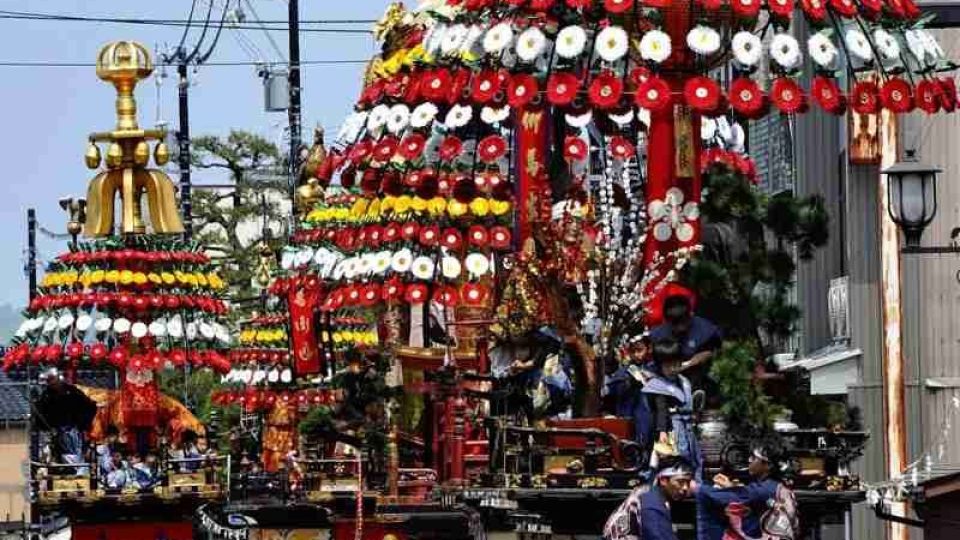March 7, 2023
TOKYO — Opinion is divided over whether to break a 400-year tradition and allow girls to ride on floats during the Takaoka Mikurumayama Matsuri festival, which is listed as a UNESCO intangible cultural heritage.
Discussions are ongoing at the festival’s preservation association. Scheduled for May 1, the event is to be held on a full-scale basis for the first time in four years, and attention is focused on whether a decision can be reached by then.
The festival’s float procession was canceled over the past three years due to the pandemic and rainy weather.
The Takaoka Mikurumayama Matsuri dates back more than 400 years, and is jointly organized by 10 areas in the city. Boys ride the floats as they parade around Takaoka, watching over the deities enshrined on the floats.
The charter of the preservation association, which comprises representatives from the 10 areas, does not say only boys can ride on the floats. However, girls have customarily been barred, on the premise that the floats are sacred places.
Objections began to emerge about 10 years ago, due to the declining population of children and growing awareness of gender equality.
Discussions to continue
Former association chairman Kishin Nakamura, 80, supports the idea of letting girls on the floats. “Practically speaking, it is impossible to continue the custom. Changing with the times is inevitable, and not letting women participate in this era is anachronistic,” Nakamura said.
At a board meeting while Nakamura was still chairman in November, a clause was added to the charter upon his authority reading: “Children who ride on the floats shall be elementary school level and younger,” effectively admitting girls.
However, current chairman Kazuo Shiho, 84, opposes the change.
“There are children who can participate in the festival, such as our relatives or children from outside the festival areas. It’s not like we don’t have enough children to ride on the floats,” Shiho said.
He also stressed: “It’s good there’s a growing trend nationwide for women to participate in traditional festivals, but it would also be good to preserve the tradition of ‘male festivals.’”
Shiho said the newly added clause “is not acceptable because it was not unanimously adopted by the board.”
The board met again on Feb. 15 and agreed to continue talks on the matter, he said.

